Patent Lawsuit Summaries
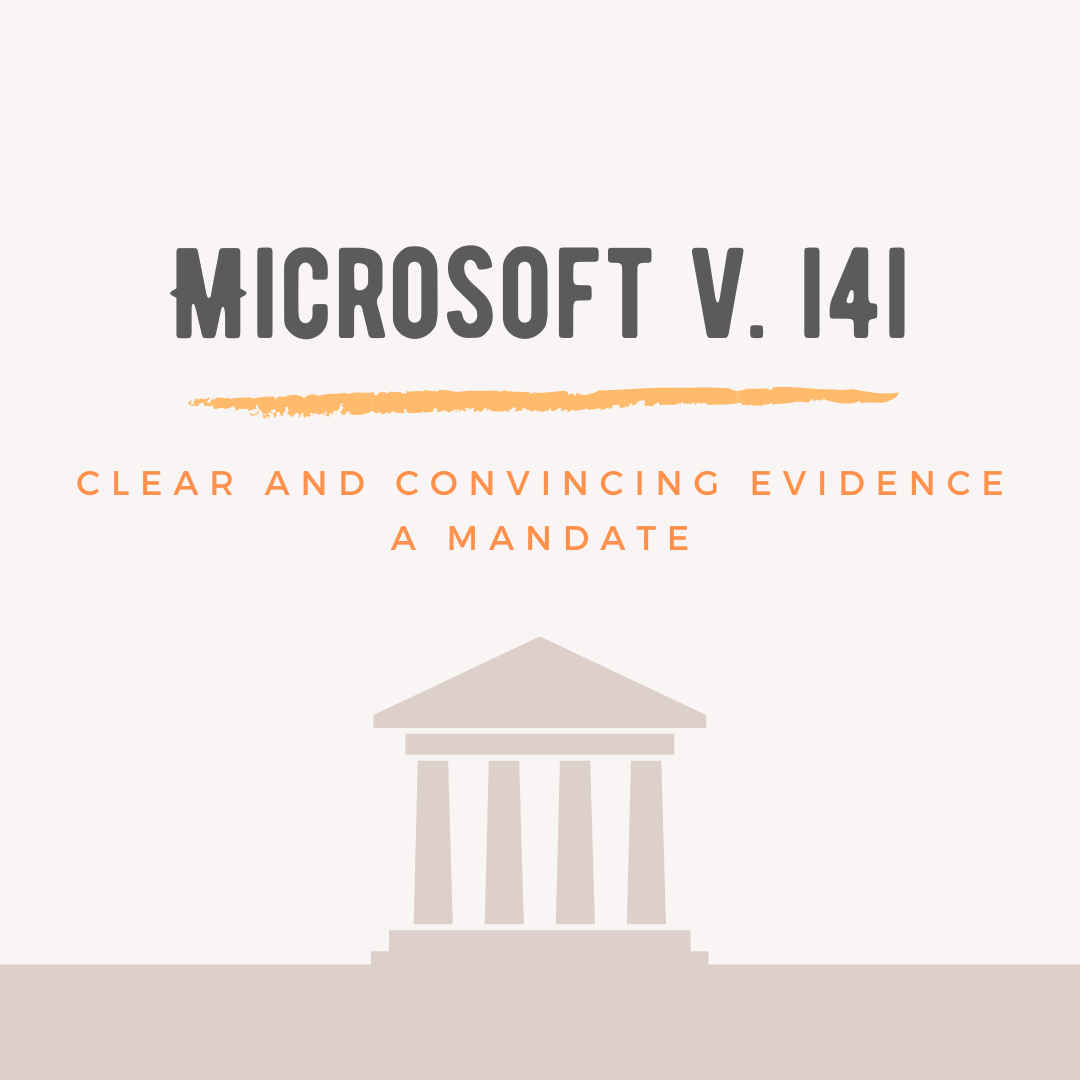
Microsoft v. i4i
Microsoft vs. i4i was not just about a software behemoth against a small company but the ramifications of the verdict on how patent law is applied to technology. Despite being a 30-people organization from Canada, i4i fought for its patent rights and won against Microsoft and its supporters including giants like Dell and HP. What was it that made the court side with the Toronto-based firm and their patent claim?
Click to View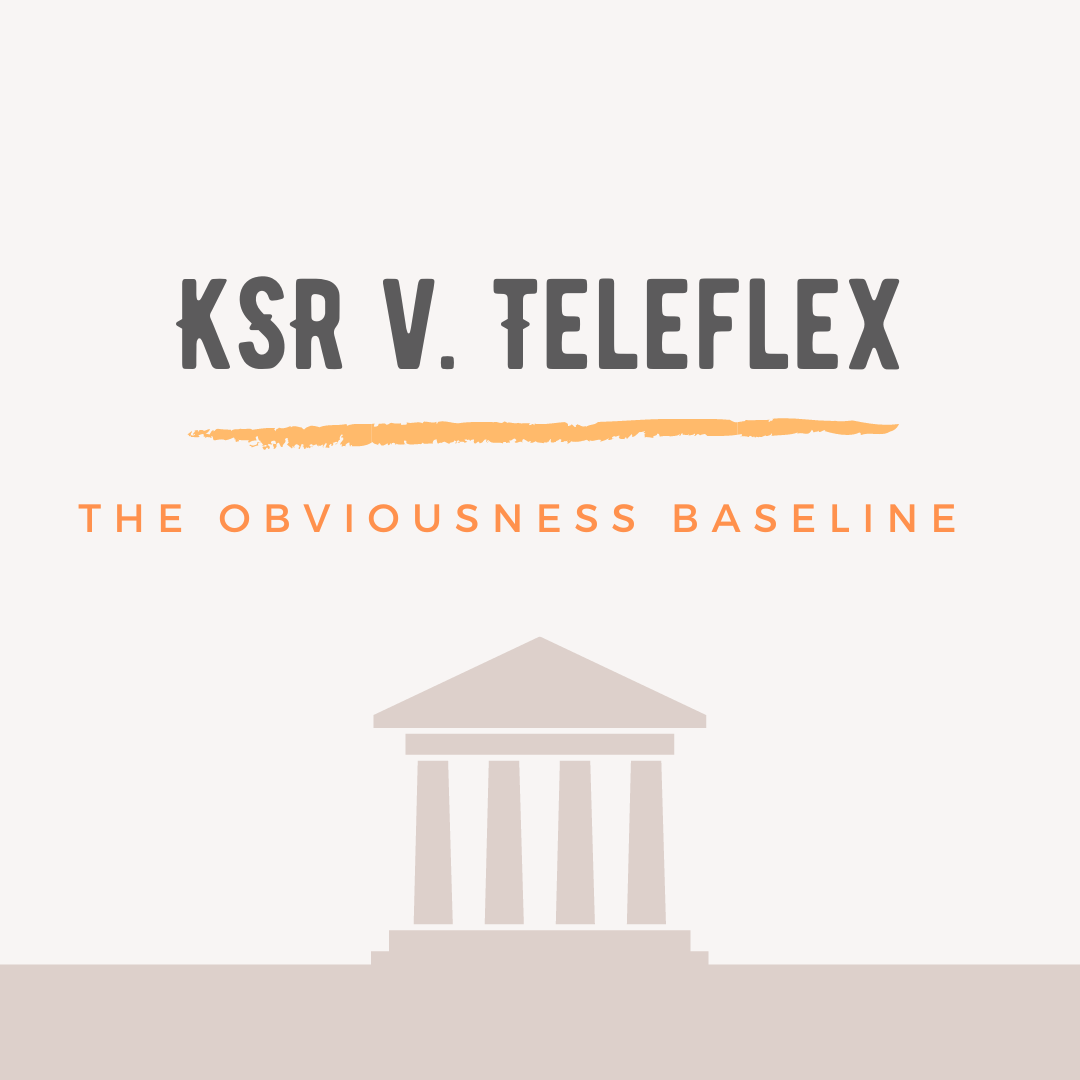
KSR v. Teleflex
Getting a patent is not enough to safeguard intellectual property. If the innovation is not novel enough, or too ‘obvious’, the patent in consideration can be invalidated. KSR vs.Teleflex is a landmark case where the same was established using the TSM (teaching-suggestion-motivation) test and Graham factors, proving that patent laws in the US quite vehemently encourage innovation and technological advancements and are willing to push the boundaries of this realm, where needed.
Click to View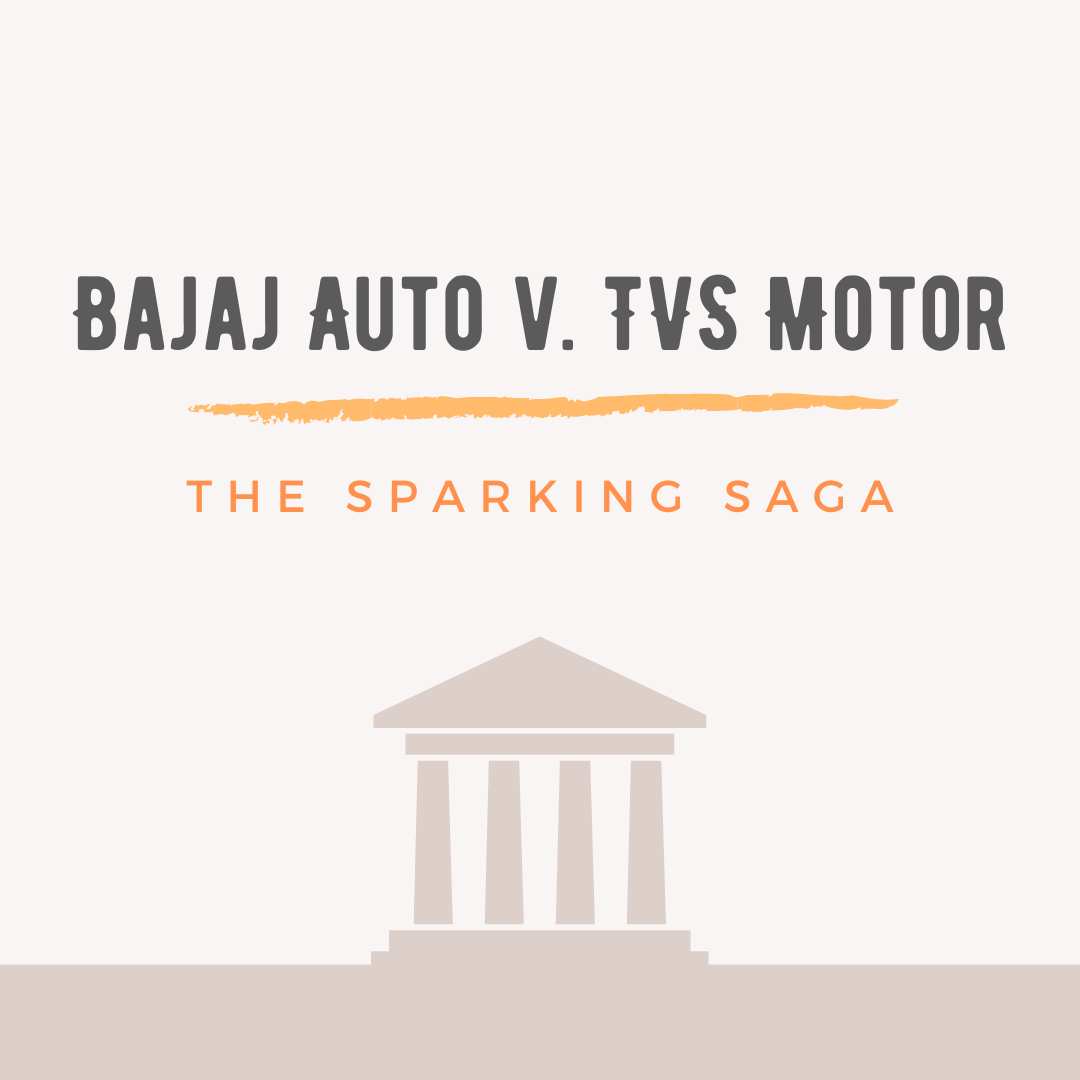
Bajaj Auto v. TVS Motor
In a landmark case in 2009, Baja Auto believed that TVS Motor violated their patent on the famous ‘DTSi’ technology while TVS Motor argued that this was a defamation attempt on their then latest bike ‘Flame’.
Click to View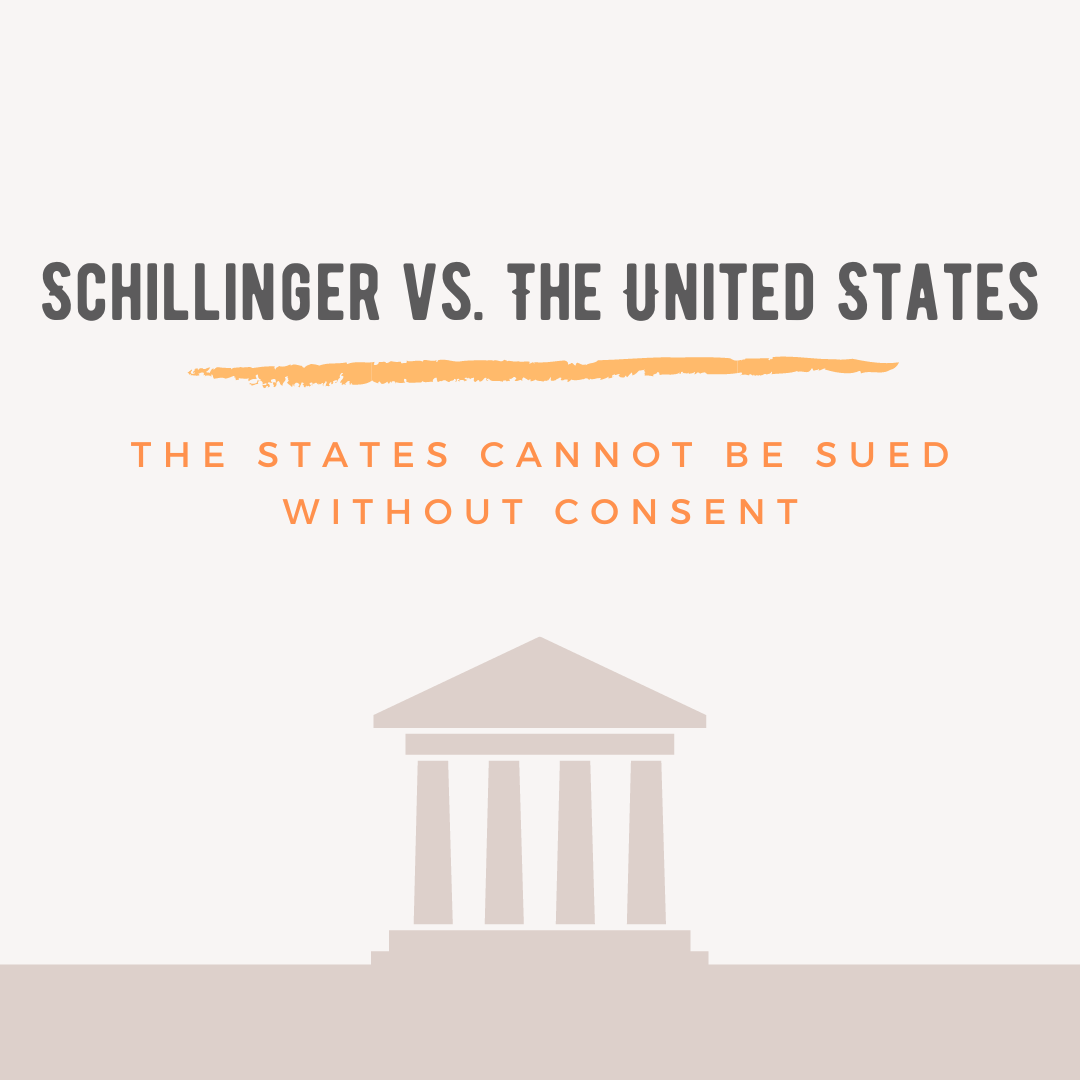
Schillinger v. United States
The United States cannot be sued in its own courts without its consent. More specifically, the State cannot be sued for a mere tort as per the defense of sovereign immunity. An excellent case to understand the same is Schillinger v. The United States.
Click to View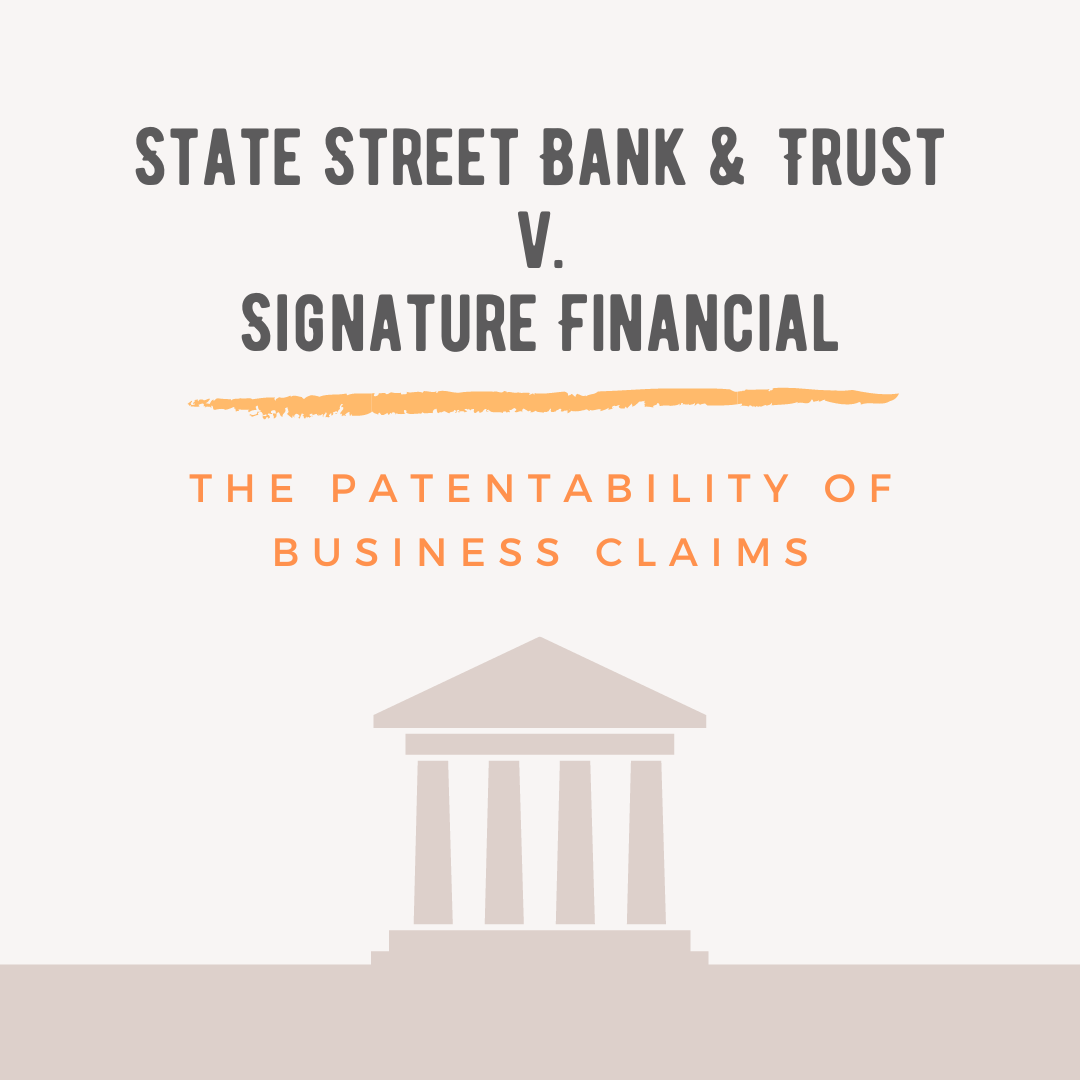
State Street Bank & Trust v. Signature Financial Group
If business organizations believe that patent rights could be granted to different methods of doing business, they are in for a huge disappointment, as has been proven in the State Street case. Herein, the verdict reiterated the long-established principle of deeming business plans and systems as “not patentable”.
Click to ViewCategories
Knowledge Economy
If you want to know when we publish new stuff, sign up we'll keep you posted
